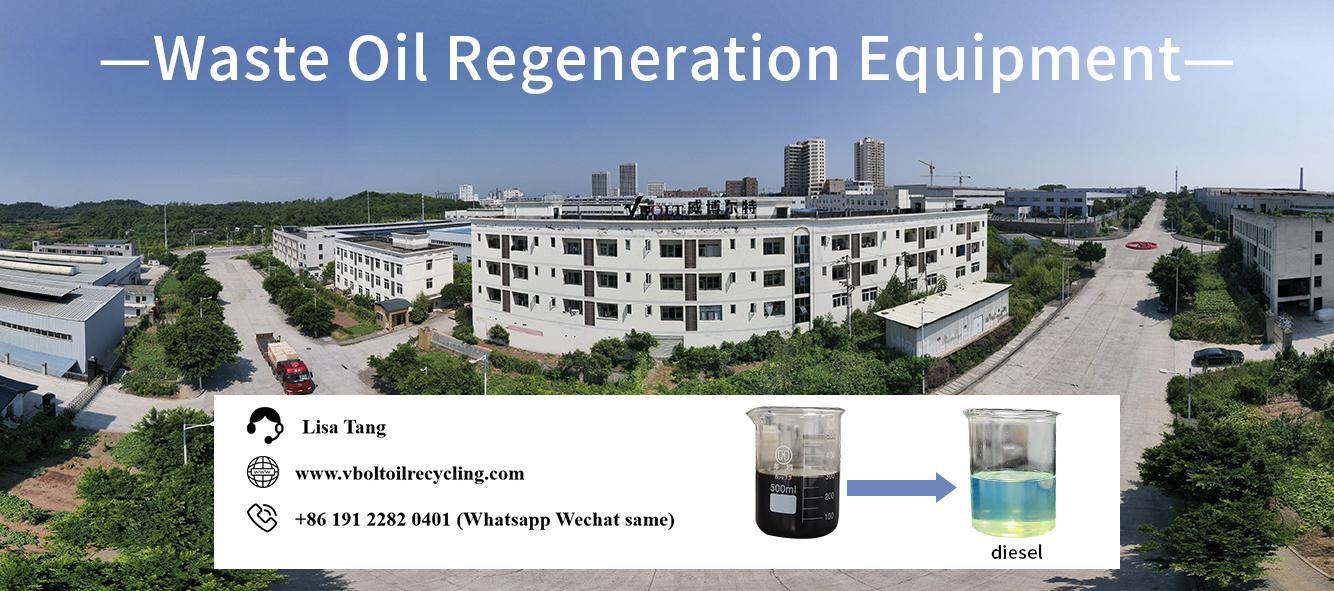The viscosity of diesel is an important indicator for measuring its fluidity, which is influenced by the following factors:
The density value can reflect the purity and composition of diesel. Impurities in diesel, such as sulfur content, moisture content, and abnormal acid value, can affect viscosity.
In addition, diesel with poor oxidation stability is prone to oxidation reactions during storage and use, producing substances such as sediment and gum, which can affect diesel viscosity.
The following are the effects of diesel viscosity during use:
(1) The viscosity of diesel is too high,
1. Impact on fuel supply: High diesel viscosity can cause additional pressure on the fuel injection system, which may exceed the standard effective fuel supply, resulting in incomplete combustion, black smoke emissions from the exhaust, and increased fuel consumption.
2. Poor atomization: Diesel with high viscosity has poor fluidity and is not easy to atomize, resulting in incomplete combustion and affecting engine efficiency.
3. Impact on lubrication effect: The lubricity of diesel is crucial for the precision components inside the engine. High viscosity diesel may increase resistance between components and accelerate the wear process.
(2) The viscosity of diesel is too low,
1. Impact on fuel supply: Low diesel viscosity can lead to a significant amount of internal leakage during operation in the fuel supply system, resulting in a decrease in effective fuel supply.
2. Excessive atomization: When the viscosity of diesel is too low, the oil velocity is prone to diffusion. During combustion, a portion of the air far from the injector cannot be effectively mixed with diesel, resulting in a decrease in air utilization efficiency.
3. Impact on lubrication effect: Diesel with low viscosity may cause insufficient lubrication, increase friction between components, and accelerate engine component wear.
Therefore, our waste oil regeneration equipment fully utilizes the latest technology to produce good viscosity diesel while taking into account environmental protection and recycling of waste engine oil, in order to meet economic benefits and environmental protection.




